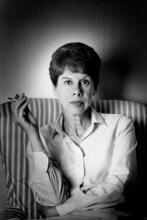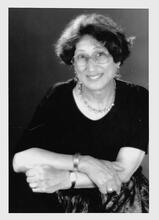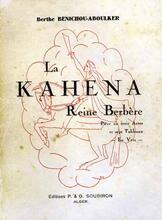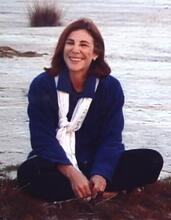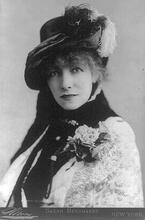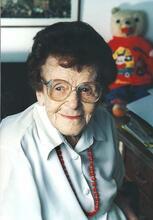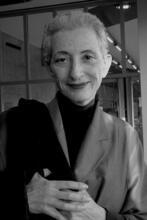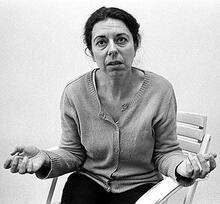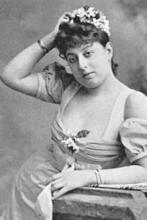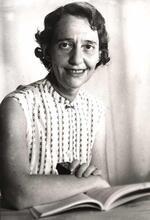Bertha Wiernik
Born in 1884 in Vilna, Lithuania, Bertha Wiernik would grow up to become a prolific writer and translator, as well as an involved member in numerous relief organizations and charitable societies. Wiernik was raised in Chicago where she studied Hebrew and religious texts, and moved to New York City in 1903 to put her Jewish education to work. Her poems appeared in Jewish publications, and her English translations of Yiddish texts helped bring literature to the Jewish community of New York. In the 1930s, Wiernik withdrew from her work and became more religious, living the rest of her days in solitude.
Article
Writer and translator Bertha Wiernik, the younger sister of American journalist and essayist Peter Wiernik by nineteen years, was born to Hirsch Wolf and Sarah Rachel (Milchiger) Wiernik in Vilna, Lithuania, on March 21, 1884. Her father was a maggid [itinerant preacher], and her mother was a merchant. Wiernik arrived in the United States in 1887, two years after her brother. She grew up in Chicago, where she attended public school and studied Hebrew and the Bible privately with a rabbi. She obtained a job setting type for the Chicago Hebrew weekly Ha-Tehiyah. In 1903, she moved to New York City, where she worked for various relief organizations and businesses.
She began writing in 1899 under the pseudonym “Shulamit.” Her poems were published in Der Kol and the Jewish Courier. She also translated Yiddish literary classics for the Jewish Herald, Tageblat, and other English-language Jewish periodicals. Among her translations was Isaac Meir Dick’s 1868 Yiddish book Slavery or Serfdom, a Jewish version of Harriet Beecher Stowe’s Uncle Tom’s Cabin. Wiernik was also a contributor and translator for the English-Yiddish Encyclopedic Dictionary, edited by Paul Abelson (1915).
She wrote and produced several dramatic works, which were staged under the auspices of various New York charitable societies. Her dramas include Lomir Makhn a Pshoreh [Let us compromise], Di Teyveh [The ark], Mrs. Peddler, Nokh Nisht [Not yet], and Gaystige Atomen [Spiritual atoms].
After her brother’s death in 1936, Wiernik withdrew from the public scene and became religious. Her last written work, Gaystige Atomen, was a religious drama that was published in New York in 1946.
The date and place of Bertha Wiernik’s death are uncertain. The Leksikon fun der Nayer Yidisher Literatur states that “in 1946, she moved to California where, according to reports, she died lonely and forgotten.” According to her nephew Harris Wiernik she died in Brooklyn in 1951.
Niger, Shmuel, ed. Leksikon fun der Nayer Yidisher Literatur (1956–1981). Vol. 3, s.v. “Viernik, Basiah (Berte)”
Reisen, Zalman. Leksikon fun der Yidisher Literatur, Prese, un Filologye (1927–1929). Vol. 1, s.v. “Viernik, Basiah (Berthe)”
Wiernik, Harris. Letter to Roger S. Kohn, March 28, 1988. Yeshiva University Archives, NYC
Yeshiva University Archives. An Inventory to the Peter Wiernik and Bertha Wiernik Collection, 1886–1950 (1990)
Zylbercwaig, Zalman. Leksikon fun Yidishn Teater (1931–1969). Vol. 1, s.v. “Viernik, Basiah.”

